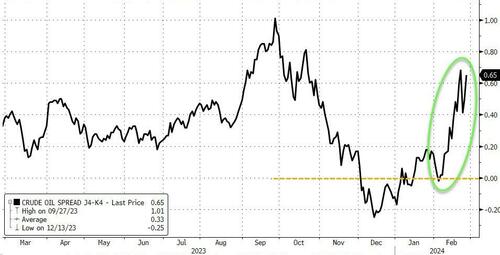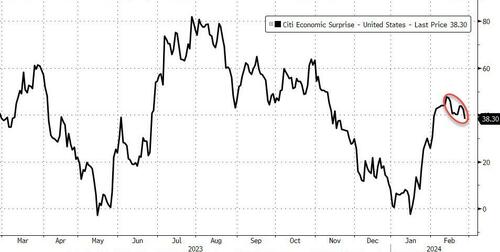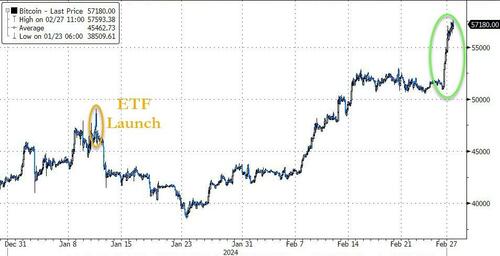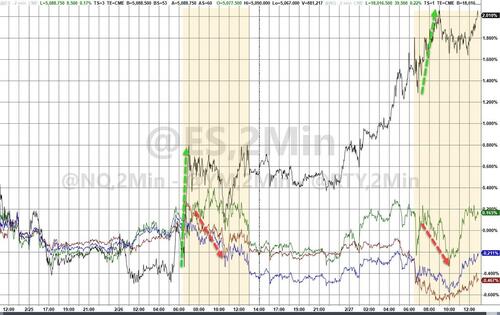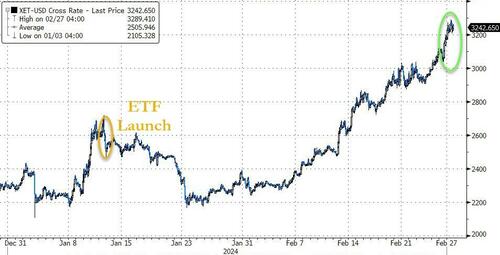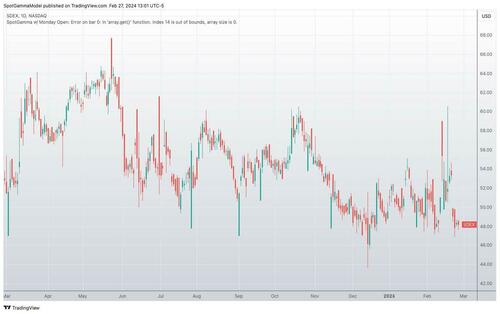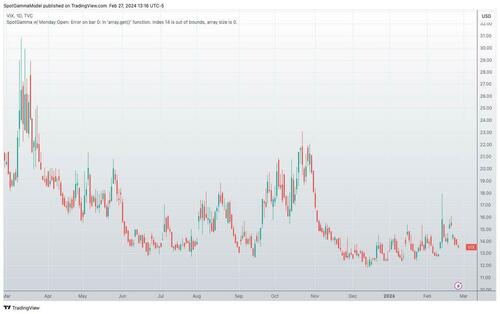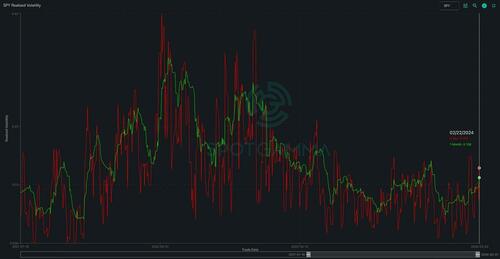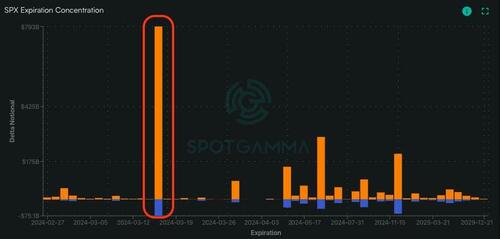Master And Commander: The Biden Dogs Accused Of Dozens Of Additional Attacks At White House
We have been writing about the alarming record of the Biden dogs attacking staff and Secret Service agents through the years. At first, the story was a humorous distraction as some of us wondered if the First Family had a vicious dog.
It then became more alarming as each of the dogs were found to be attacking staff and had to be eventually removed. Even more worrisome was the response of the White House and President Joe Biden, who dismissed a Secret Service agent’s account and brushed off the incidents. Now, a report indicates that Commander is responsible for at least 24 attacks. The record shows not only a lack of concern by the Bidens for staff, but a bizarre litany of vicious German Shepherds in their care.
We began our discussion of these incidents with Major, who continued to attack staff until the press finally reported on the complaints from staff. Only when it became a public embarrassment did the Bidens send Major to Delaware. Major was adopted in November 2018 from an animal shelter.
Then, after the coverage died down, the Bidens simply brought Major back to the chagrin of the Secret Service.
He then proceeded to continue to bite agents and staff.
It was then discovered that their other dog, Champ, was also chomping on staff and agents.
Again, the White House dismissed the concerns.
First lady Jill Biden’s press secretary Michael LaRosa told CNN:
“Yes, Major nipped someone on a walk. Out of an abundance of caution, the individual was seen by WHMU and then returned to work.”
The difference between “nipped” and “bitten” is that you are bitten by other people’s dogs. Your dog however only nips, which is somewhere on the spectrum between a lick and a complete devouring.
Then a book came out that detailed these attacks and the President himself seemed to attack an agent.
The book, “The Fight of His Life,” by author Chris Whipple details Biden’s continued mistrust of the Secret Service and his alleged avoidance of saying anything in front of agents. Biden has long had tense relations with the Secret Service, particularly after female agents complained about his exposing himself to them by insisting on swimming in the nude.
The book claims that Biden has his own “deep state” conspiracy theories. Biden reportedly views the Secret Service as essentially the enemy within, suggesting that it is populated by “MAGA sympathizers” due to the fact that the service “is full of white ex-cops from the South who tend to be deeply conservative.”
However, this is a major escalation in that reportedly strained relationship. In one eight-day period, agents were bitten every day. Indeed, outside of the White House, the Biden dogs would qualify for strict liability under the common law as displaying a vicious disposition.
After prior incidents, White House press secretary Jen Psaki characterized the injury as “minor” and insisted that Major was just “getting acclimated and accustomed to his surroundings and new people.” He was then sent away to Delaware with Champ. It was the equivalent of a politician going into “treatment” at the height of a scandal. Major was later returned to the White House but proceeded to “acclimate” himself on the limbs of Secret Service agents.
The White House failed to disclose the incidents and only partially confirmed past attacks when pressed by the media.
Joe Biden was then quoted as saying that he does not trust the Secret Service and believes that one agent is outright lying about one attack by Major. The President is quoted as saying “Look, the Secret Service are never up here. It didn’t happen.”
The incident was reported by the agent and photos were taken to document that attack. The President’s denial of the location ignored the confirmed attack itself. Other agents complained about the disregard of the agents by the Bidens in the repeated attacks, including one agent who reportedly insisted that the president personally pay to repair a ripped coat after one attack on March 6, 2021.
Then Commander was brought in to replace Major. Commander then started to bite people.
Again, neither the Bidens nor the White House seemed particularly concerned for the staff and brushed off questions.
It now turns out that the attacks increased but the press were not informed . . . again.
According to new internal USSS documents obtained by CNN, that does not even include additional incidents that were previously reported involving executive residence staff and other White House workers.
One June 2023 email even says that the Secret Service has had to change security procedures to deal with the vicious dog:
“The recent dog bites have challenged us to adjust our operational tactics when Commander is present – please give lots of room,” an unnamed assistant special agent in charge of USSS’ Presidential Protective Division wrote to their team in a June 2023 email, warning that agents “must be creative to ensure our own personal safety.”
The material obtained by CNN included a picture that shows how one shirt of an agent was torn up by the dog in one attack.
One Secret Service technician wrote in October 2022, that they were “worried about the family pets behavior escalating and that … something worse was going to happen to others.”
I have taught torts for three decades, including animal liability. In that time, I have never come across a case with such a long history of dog attacks from multiple animals in one family. There is no question that the Bidens would be strictly liable in these attacks, but have been allowed to escape such liability due to the fact that this is the official residence.
Under the common law, the Bidens could claim that Major and Commander were entitled to “one free bite.” They are well beyond that threshold.
The “one free bite rule” is a commonly misunderstood torts doctrine — suggesting that you are not subject to strict liability until after the first time your dog bites someone. In fact, you are subject to strict liability whenever you know or have reason to know of the vicious propensity of your animal. That can be satisfied by conduct such as frequent snapping or aggressive behavior.
However, even with Major, the Bidens failed to protect agents and others. Now they have shown the same failure with Commander.
Indeed, a family with this history of dog attacks (with successive pets) would face a highly skeptical, if not hostile, court in a tort action.
The Biden case is more analogous to the infamous case from San Francisco involving lawyers and dog owners Marjorie Knoller and Robert Noel. They were found both criminally and civilly liable after their two Presa Canario dogs killed apartment neighbor Diane Whipple. Various neighbors complained about the dogs. The dogs had not bitten anyone but were known to be aggressive. That was sufficient.
In one account involving Commander, an agent had to defend himself from the dog with a chair. That was after prior biting incidents. As many as ten people were either bitten or threatened by the dog.
In other words, the Bidens would likely be viewed as knowing the vicious propensity of Commander and subject to strict liability. They showed a pattern of knowledge and a lack of precautions not just with regard to this dog but all of their dogs.
For Secret Service agents, one could understand if they felt that they were high-priced chew toys for the Biden pets.
The record belies the claims of the First Family that they are heartbroken or deeply concerned for staff. They have used these agents like a captive staff who cannot readily complain or sue over their failure to control their dogs. It also raises questions of whether this family should have dogs. If there was just one dog, it could be discounted as a problem pet. The Bidens how have multiple dogs which developed the same vicious propensity.
If these attacks were litigated, I have little doubt that the Bidens would be held liable if they were an average family. Indeed, I would expect a court to seriously consider an order barring the possession of dogs in the future or requiring training classes not only for the dogs but for the Bidens.
Tyler Durden
Tue, 02/27/2024 – 17:00
via ZeroHedge News https://ift.tt/EWqGXtg Tyler Durden






